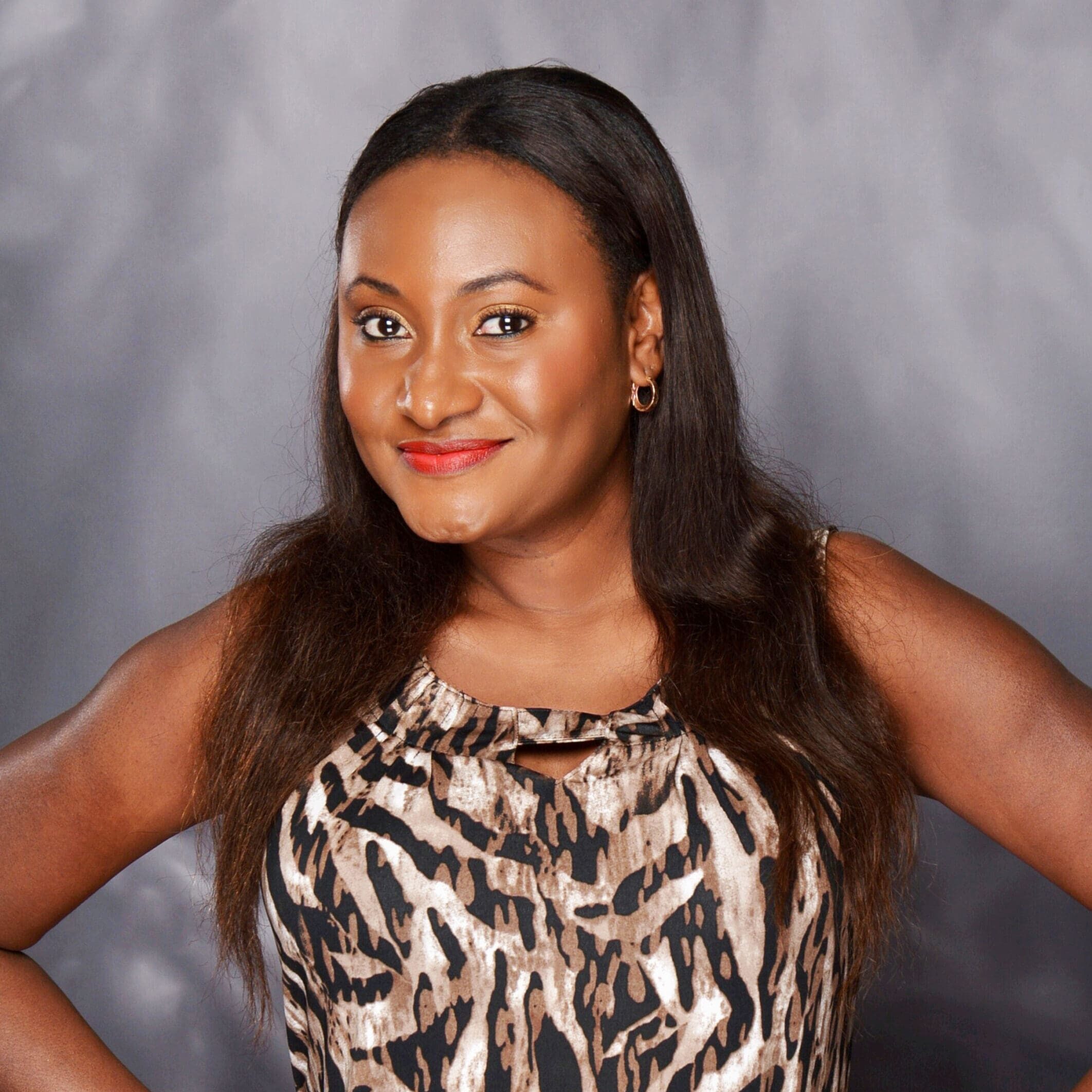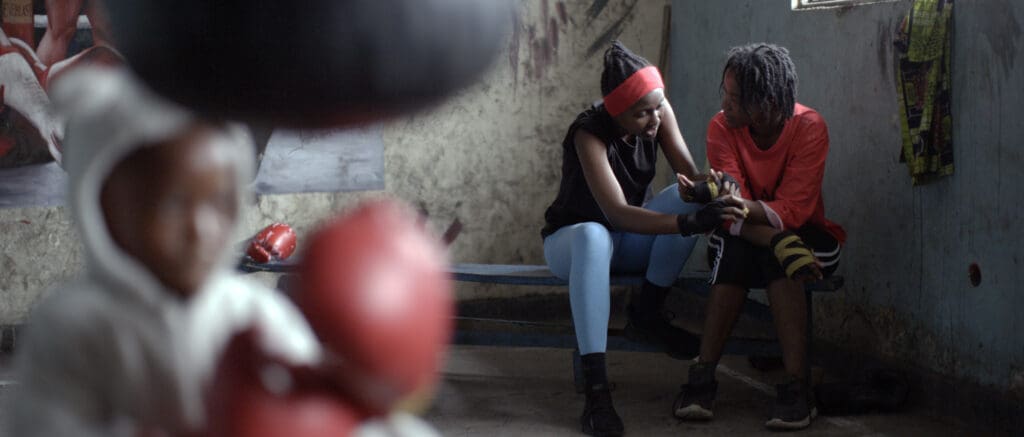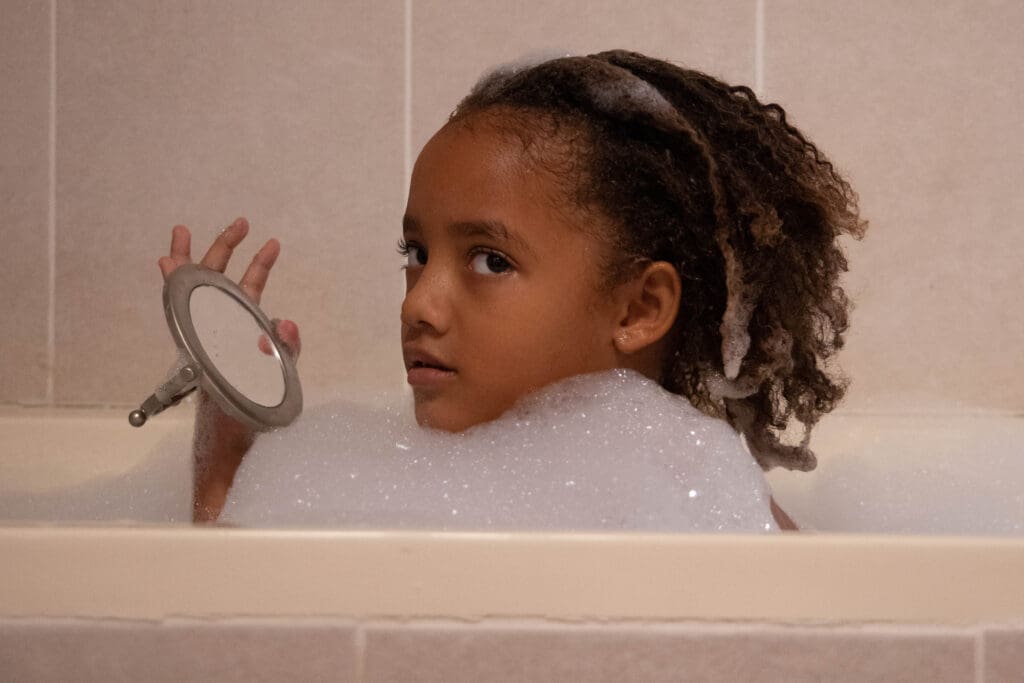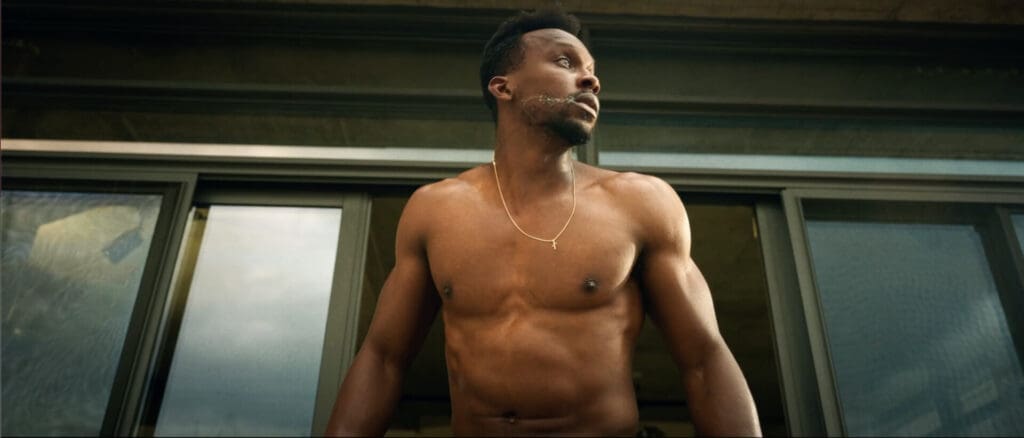The Vancouver International Black Film Festival returns for its fourth year, December 13-17, 2024, bringing 35 powerful films, panels, and workshops to spotlight diverse Black voices. Actress, producer, and festival founder Fabienne Colas shares insights on this year’s highlights, including the inspiring opening film Fight Like a Girl and the award-winning Being Black in Canada series. —Noa Nichol
The VIBFF is now in its fourth year, with a lineup that includes powerful films, panels, and workshops. What do you hope audiences will take away from this year’s festival, and what makes this edition particularly special?
This year’s Vancouver International Black Film Festival offers an exceptional opportunity for audiences to connect with diverse stories and explore the rich tapestry of the Black experience through film. I hope attendees leave with a deeper understanding and appreciation of the realities and contributions of Black communities globally.
Now in its fourth year, the Vancouver International Black Film Festival has solidified itself as a platform for connecting, empowering, and celebrating diverse Black voices in cinema. This year’s festival is especially significant because it once again highlights stories that inspire and provoke thought and bridges the gap between audiences and filmmakers through engaging discussions and panels.
Our opening night film, Fight Like a Girl, based on a true story, sets the tone for the festival by showcasing resilience and triumph. Another highlight is on Saturday. VIBFF will screen SWAY featuring Emanuelle Kabongo, who both produced and stars in the film. These films, along with the spotlight on local Black filmmakers and international works, ensure a diverse and inclusive dialogue that reflects our mission to amplify Black voices and foster meaningful connections.
We hope audiences leave with a deeper appreciation for the richness of Black stories, an understanding of the realities faced by Black communities, and a sense of inspiration to engage with these narratives beyond the festival.
The Being Black in Canada short film series highlights emerging Black Canadian filmmakers. Can you tell us about the impact this series has had on young filmmakers and why you feel it’s crucial to support new voices in the industry?
The Fabienne Colas Being Black in Canada series has been transformative for emerging Black filmmakers. By mentoring 35 new artists annually across cities like Vancouver, Calgary, and Montreal, the program has provided these talents with the tools and support to tell their stories authentically.
Many of these films have gained recognition, including Canadian Screen Awards, underscoring the immense talent within the Black community. Supporting new voices is crucial because these artists bring fresh perspectives to cinema, challenging stereotypes and broadening the narrative landscape. It’s not just about awareness but about creating tangible opportunities that lead to systemic change in the industry.
Through events like the VIBFF Black Market, which addresses industry challenges for BIPOC talent, your foundation goes beyond screenings to foster dialogue. How do these panels and workshops contribute to the overall mission of the festival and the Fabienne Colas Foundation?
The VIBFF Black Market is an extension of our commitment to creating spaces where meaningful conversations can lead to actionable change. Panels and workshops provide a platform for BIPOC talent to share their experiences, challenges, and strategies for success. They also educate the wider industry about the barriers faced by marginalized communities and how to address them.
These initiatives align with the Fabienne Colas Foundation’s mission to champion diversity and inclusion in film, both in front of and behind the camera. By fostering dialogue, we empower filmmakers, amplify underrepresented voices, and inspire the next generation of creators to push boundaries and tell their stories unapologetically.
And the Black Market is also an opportunity for Black Film Professionals to come learn, exchange ideas, confront different point of views and learn about new programs that can help their craft while sharing new trends with other members of the sector.
As a Haitian-Canadian actress, director, and producer, you’ve received numerous accolades, including Canada’s 40 Under 40. How has your personal journey shaped the work you do today, and what advice would you offer to young Black creatives looking to make their mark in film and media?
My personal journey has been a driving force behind everything I do. As a young actress in Haiti, I dreamed big, but arriving in Montreal, I quickly realized the industry’s lack of diversity posed significant challenges. This experience fueled my determination to create platforms that celebrate Black talent and ensure others don’t face the same barriers I did.
To young Black creatives, my advice is simple: believe in your vision, stay resilient, and don’t wait for opportunities—create them. Surround yourself with a strong team that shares your goals, and remember that your unique perspective is your greatest asset. The path may not always be easy, but your stories matter, and the world needs to hear them.




January 24th, 2025 at 10:44 am
I’ve started using CBD gummies like https://www.cornbreadhemp.com/collections/full-spectrum-cbd-oil , and they’ve made a noticeable difference in my routine. They’re easy to basis, style great, and require a elemental spirit to incorporate CBD into my day. I’ve establish they lift me relax and redress my sleep after a crave daytime, which has been a stupendous benefit. The agreeing CBD dosage in each gummy is a humongous benefit for the sake of managing intake. If you’re considering CBD, gummies are an excellent opportunity to start with—just make sure you select a faithful disgrace in regard to the best results!